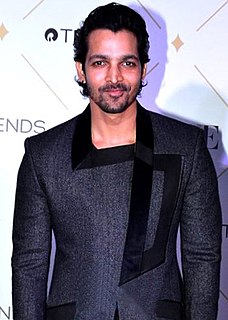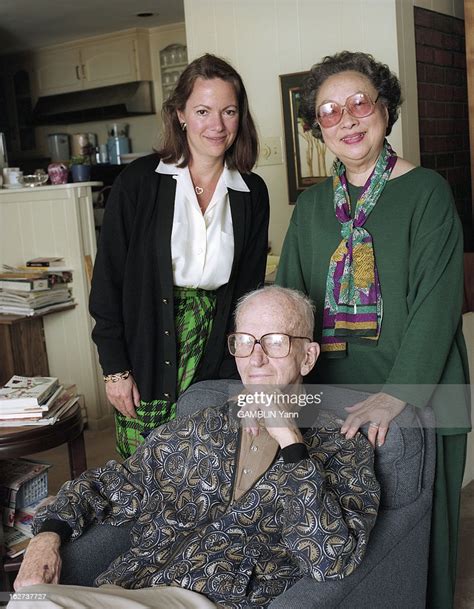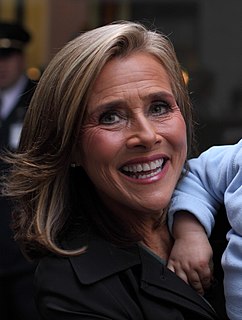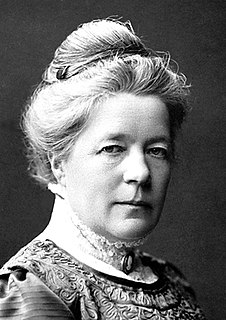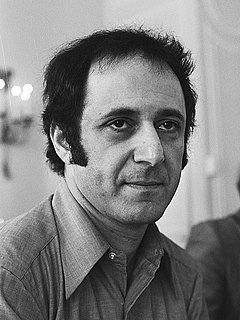A Quote by Jeremy Irons
Film wise, I invariably look at my work and reckon I could have done it better. I'm also conscious that I'm in a profession where we get more praise than we should compared to the usefulness of what we do.
Related Quotes
For me, there's one film at a time, and my only benchmark is that my current film should be better than my last one, and I've made sure of that. If you Google the trailer of my first film - which I request you not to - you'll see the vast change in my approach towards my profession and the slow gain of maturity in performing.
When the artist is truly the servant of the work, the work is better than the artist; Shakespeare knew how to listen to his work, and so he often wrote better than he could write; Bach composed more deeply, more truly than he knew, Rembrandt's brush put more of the human spirit on canvas than Rembrandt could comprehend. When the work takes over, then the artist is enabled to get out of the way, not to interfere. When the work takes over, then the artist listens.
I wouldn't mind gigging around the same era as Jesus, after he gives his speech about the meek and how blessed they are and all that type of bullshit, going up there and doing a flat 20 [minutes]. I reckon I'd have better stagecraft and presence than Jesus. Yea, I'm a better stand-up comedian than Jesus, so I reckon I could go on after him.
I could start this review by stating that Dumb and Dumberer lives up to its name, or by calling it stupid, moronic, and idiotic, but I believe that approach is a trap, since a movie like this might relish being the object of such bland invectives. Instead, let me try a few that can't possibly be misconstrued as twisted praise: unfunny, boring, torturous, and unwatchable. ... [N]o movie could be more aptly compared to raw sewage than this film - Directed By Troy Miller.
When you're making a film, you don't really have time to consider what the whole of your film is. And then, when you're releasing your film and promoting your film, you're looking at it in a different way. Then, as you move away from it, you start to look at it objectively and think, 'What could I have done better?'
I will tell you that I'm a bit of a snob. I love film, and I would like to work in film, and I'm disappointed that indie film is as hard as it is to work in now. It's hard to get things done, but that sort of work is being done on TV. That's what I do; that's what I write. It's what I love, and hopefully, that's what my future's going to be.
The whole switch from film to digital has changed some of the ways I use color and the juxtaposition of light and dark. It's getting better with digital, the separation's gotten better, but I still feel like it's really flatter than film, so I do a lot of screening and subtle textural printing and painting on clothes for film to get it not to look flat.
I don't think all films should necessarily look like they do on digital video. I think it cheats the audience, at some point. If you try to make an epic and you shoot it digitally, that doesn't make much sense. I think there's a certain kind of film that could be a "digital film." But it shouldn't be interchangeable with other films. It should be something more than just a capture medium. It should be a different form altogether, something new.




